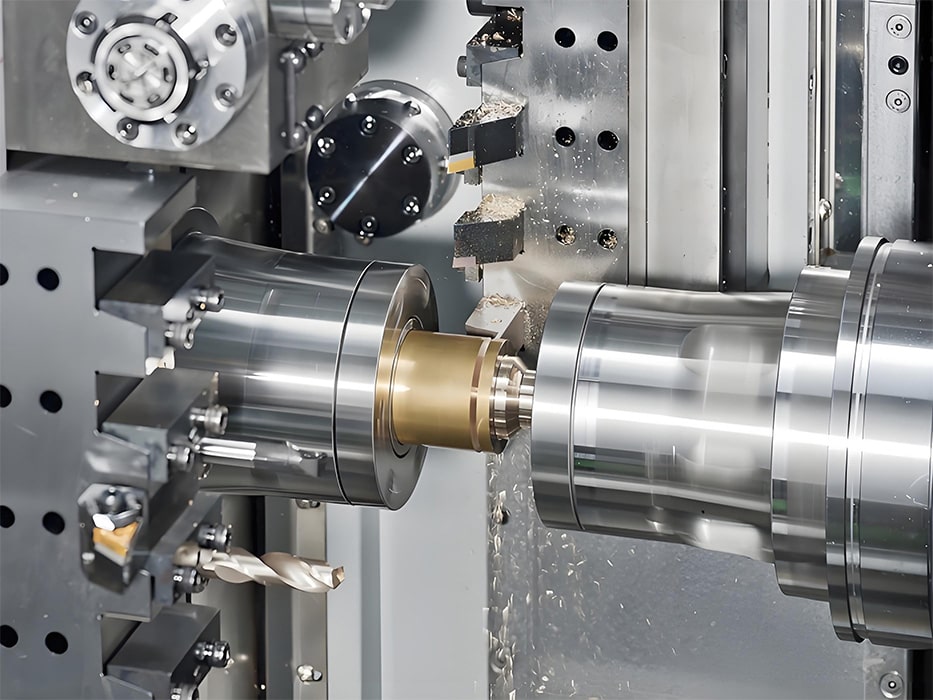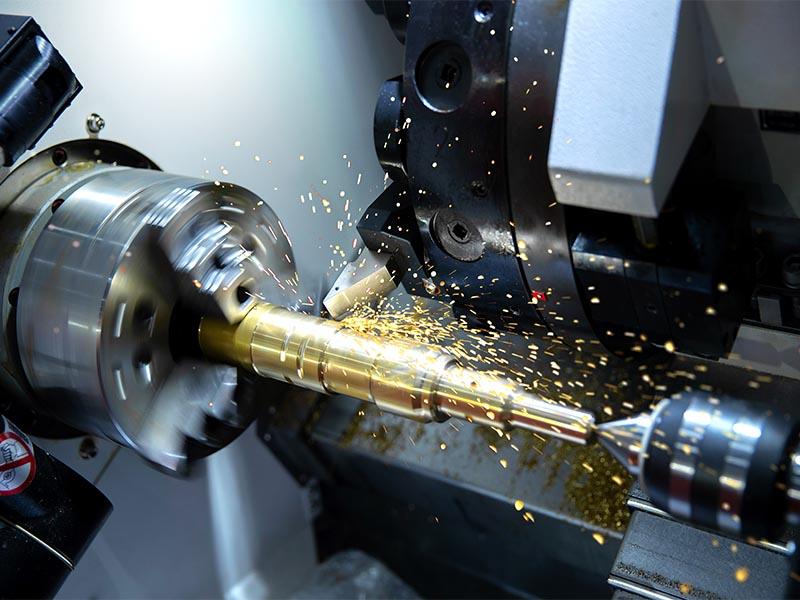CNC Machining Services: Revolutionizing Manufacturing with Precision and Efficiency
CNC Machining Services: Revolutionizing Manufacturing with Precision and Efficiency
Blog Article
CNC cutting and milling has transformed manufacturing industries, offering a reliable and accurate process for making parts and other components for an array of different industries. It is a cutting-edge technology that uses computers to control machinery that performs cutting drill, milling and many other actions on substances like metals, plastics and wood. The level of precision obtained through CNC machining is unparalleled, allowing for complex design to be completed at a high level of accuracy. In replacing manual labor with automated processes, CNC machines have significantly reduced the likelihood of human error and increased production speed. The combination of precision and effectiveness has led to CNC machining a vital element of manufacturing today.
One of the major advantages of CNC machining is that it has the capability to make highly detailed and intricate parts that would be almost impossible to produce using traditional manufacturing methods. CNC machines operate based on digital drawings, which implies that when a design is programmed in the machine, it's able to be replicated precisely and with consistency. This is particularly useful in areas like aerospace, automotive, and electronic industries, where precision is critical. Additionally, CNC machining is capable to work with a vast variety of materials, from soft plastics to tough metals. This allows manufacturers to make parts that are able to meet certain requirements for strength, durability as well as heat resistance. The range of options offered by CNC machining has opened up many new opportunities in product design as well as engineering.
One of the main advantages of CNC cutting is its flexibility to work with a vast variety of different materials. Whether manufacturers are dealing with metallic materials like steel and titanium or softer materials like wood or plastic, CNC machines can be adjusted to deal with a variety of cutting and shaping tasks. This versatility can make CNC machine-making suitable for the production of components across a wide range of sectors, from medical devices and aerospace components to automobile and consumer electronics. The ability to machine complex geometries with high precision has also made CNC machining the go-to technique for making intricate components which would be challenging or even impossible to manufacture using traditional techniques.
CNC Machining's flexibility is yet another factor that has made it an essential component of the modern production. It can work in conjunction with an array of different materials, ranging from tough metals such as titanium and stainless steel to wood and plastics. This means that CNC machining is suited for the production of parts in a variety of industries, which include aerospace, automotive electronics, medical, and consumer goods. Furthermore, CNC machines can perform multiple operations like cutting, milling drilling, engraving, and even 3D contouring with a single configuration. Multifunctionality eliminates the requirement to use multiple machines or part transfer, further enhancing effectiveness. For prototypes, whether they are made or assembling large quantities of components, CNC machining offers the flexibility to meet diverse production needs. To generate extra information please head to Premiumparts
One of the issues with CNC machine machining is the cost of initial setup. Making investments in CNC machinery as well as the software that is required for it is costly especially for smaller businesses. However, the longer-term advantages of CNC cutting-edge technology, like lower labor costs, increased production effectiveness, and improved products' quality usually outweigh the cost of the initial investment. Additionally, many companies offer CNC machining services to businesses that do lack the funds to make the investment in their machines, which allows smaller companies to benefit from the equipment without incurring the initial costs. While the need for CNC manufacturing continues to grow as well, the expense of equipment as well as software is likely to reduce, making it accessible to a wider range of businesses.
The negative environmental impacts of CNC operations is an additional aspect worth taking into consideration. While traditional manufacturing methods often create a considerable quantity of waste materials, CNC machines are recognized as efficient in their use of materials. In order to precisely cut and shape raw materials, CNC machining minimizes waste which reduces the material cost and the environmental impact. Also, the automatic operation of CNC machines helps reduce energy use compared to manual machining processes. Modern CNC machines are built with sustainability in mind, using energy-efficient motors and systems for further reducing the carbon footprint of their machines. This makes CNC manufacturing an environmentally-friendly alternative for businesses looking to minimize waste and save resources.